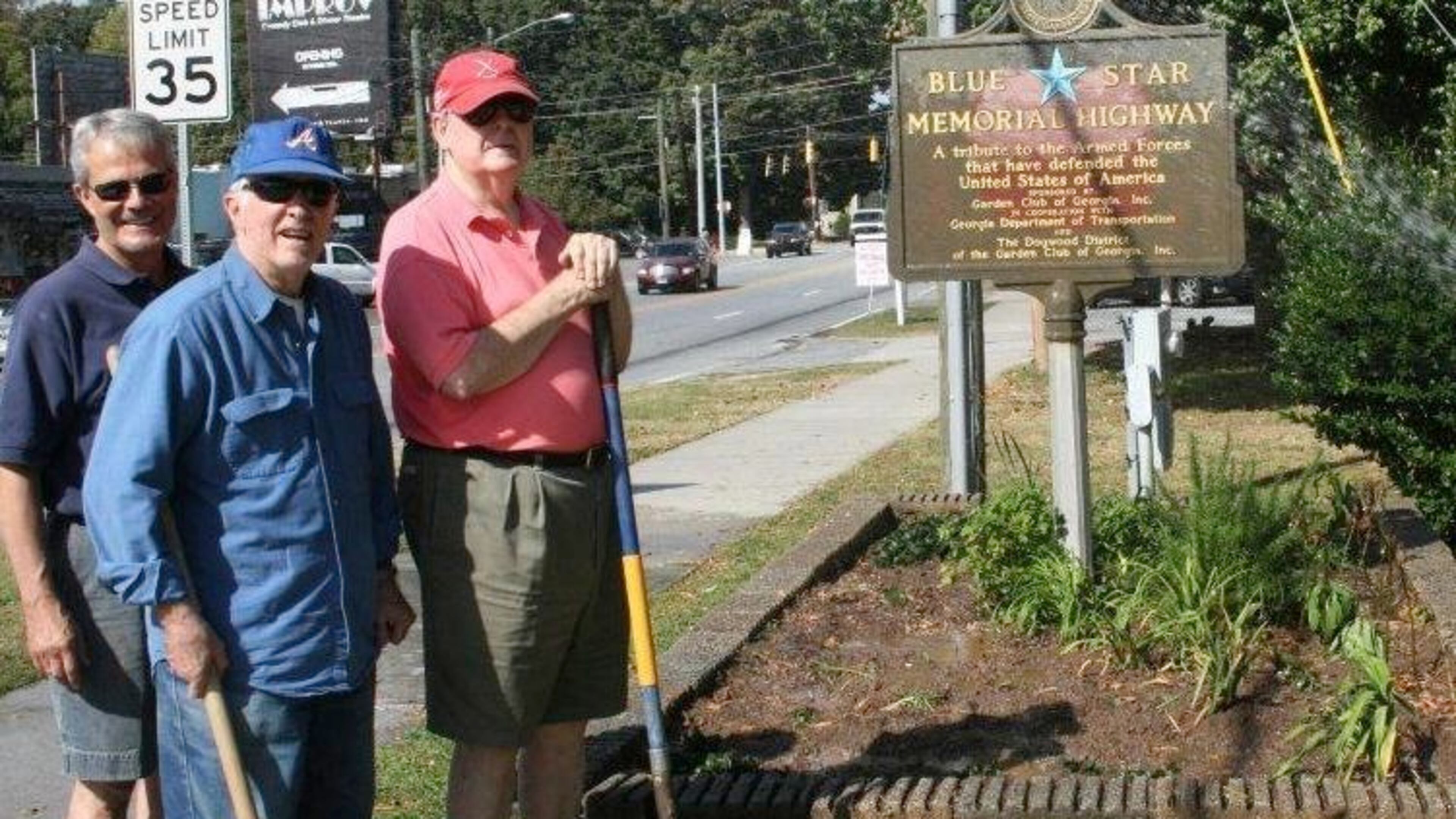Men’s garden club had long run in Buckhead

Andy Johnston with Fast Copy News Service wrote this column.Do you have a question?We’ll try to get the answer. Call 404-222-2002 or email q&a@ajc.com(include name, phone and city).
Q: What is the history behind the Buckhead Men’s Garden Club?
A: The club, which was believed to be the only remaining men's garden club in the state, recently disbanded. It started in 1960, although its final president, Richard Dunville, said it was meeting informally in the 1940s and 1950s.
Its membership bloomed to more than 100 members, including prominent Atlantans such as Henry W. Grady IV and Eugene Boeke Jr., a dahlia expert.
Garden clubs were part of the “original social network” in Atlanta, giving people connections in society and ways to meet others with similar interests, Dunville said.
The club also stood out as the only one in Georgia with a greenhouse and gardens for members to use, according to history provided by Dunville, a commander with the U.S. Public Health Service. But its greenhouse is actually at the root of the decision to disband.
Over the years, the Buckhead Men’s Garden Club had a number of greenhouses.
The first was on land that is now the site of the Atlanta History Center. When the greenhouse was destroyed by a tornado and the club wanted to expand, it built a larger, $100,000 greenhouse and gardens at The Lovett School, according to a 1987 AJC article. Then it had to relocate when the school added sports facilities.
When the club acquired a greenhouse from Emory University (its spot was used for a new parking garage), it found a home again at the Atlanta History Center in 1998.
Then the Atlanta History Center announced plans for the new Cyclorama on the site of the greenhouse, according to the club. The greenhouse was donated to the Historic Oakland Foundation.
“We decided to provide them the greenhouse so they can continue to do good work with it,” Dunville said.
The club tried to go on last year as a social group, but Dunville said, but membership withered without a greenhouse.
The non-profit organization hopes other gardens will bloom with its help. It recently gave the University of Georgia Foundation $50,000 to establish a permanent fund to support graduate student research at the Trial Gardens at UGA and UGArden, Dunville said.
“It was interesting to be part of the culture of the garden clubs in Georgia where we were the only men’s group,” said Allen Ferrell, a former president. “That sort of set you apart from everyone else.”
Lori Johnston contributed.

